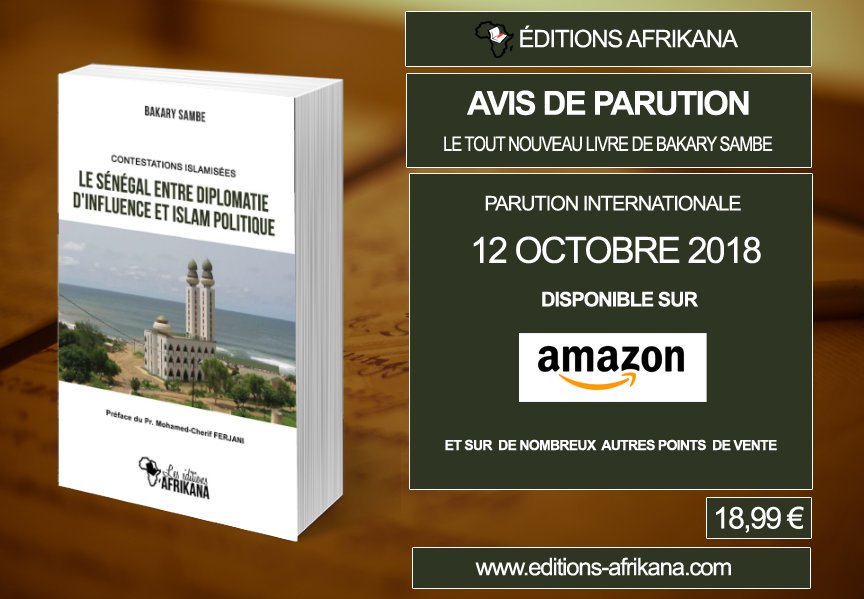Le Monde: Pour tout l’or du Sahel
Équipés à peu de frais, des milliers d’hommes creusent le Sahara à la recherche d’or depuis la découverte de filons au Soudan, au Tchad, au Niger… Aussi récente que rapide, cette ruée a pris de court les États du Sahel, déjà déstabilisés par les mouvements djihadistes et les trafics en tout genre, notamment de drogue. Si l’orpaillage artisanal peut se révéler rapidement lucratif, il constitue aussi une activité dangereuse et précaire.
Read more on Le Monde
Mail&Guardian: The last French speakers in Lagos
Every morning, without fail, Sunday Ajongun kneels down and says a prayer together with his wife and two young children. The prayers are said in a medley of languages. Unusually in Africa’s most populous Anglophone nation, English is not one of them. Ajongun and his family are among a tiny community of French speakers living and working in the heart of Lagos. They trace their roots to the nearby border with Benin — which was colonised by France — and French remains an important part of their linguistic identity, together with Egun and Yoruba. Ajongun speaks French with his children, and they attend one of the city’s few French-medium schools.
Read more on Mail&Guardian
Burkina24: G5 Sahel: Il y aura un autre sommet à … Pô au Burkina!
Pendant que les dirigeants des pays du G5 Sahel se rendront à Pau en France pour un sommet avec le Chef d’Etat français Emmanuel Macron, un autre sommet se tiendra à Pô, au Burkina, sur le sol africain. Les cinq Chefs d’Etat du G5 Sahel se rendent en principe ce 13 janvier 2020 à Pau en France pour un sommet dont le menu principal devrait être la présence des forces françaises sur le sol sahélien. La question de ce qui est qualifié de “sentiment anti-français” et qui anime nombre de citoyens africains serait également abordée.
Read more on Burkina24
Le Monde: Au Mali, le sentiment antifrançais gagne du terrain
Les manifestations réclamant le départ des forces étrangères se sont multipliées ces derniers mois. Certains y voient le résultat d’une manipulation. L’hymne malien résonne sur la place de l’indépendance de Bamako, la capitale. La main droite sur le cœur, un homme brandit une pancarte proclamant « A bas la France ». Vendredi 10 janvier, le drapeau français brûle sous les cris de près de 1 000 personnes rassemblées à l’appel d’organisations de la société civile et de personnalités politiques pour demander le départ de l’opération « Barkhane » et des forces internationales de leur pays. Des manifestations qui se multiplient depuis quelques mois.
Read more on Le Monde

